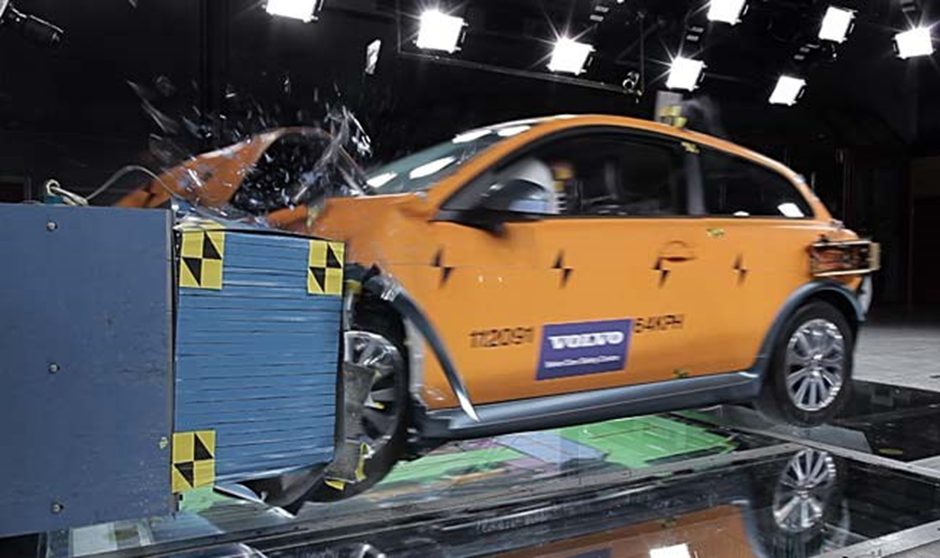Recent reports have claimed that the number of fatal accidents has almost decreased to 50% of the number of accidents that took place in the last ten years. The Department for Transport has revealed that in 2001 there were 3,176 fatal crashes, compared to 1,637 in 2012.
Not just fatal accidents have dramatically become less. In 2012 there were 145,571 accidents in total (from fatal to minor) over a third less than 10 years ago.
Is it because we’re getting better at driving, or taking fewer risks? Not according to the experts. In fact, it is our cars that are getting safer, thanks to better design and the increased amount of technology considered standard.
This includes Electronic Stability Control (ESC) in particular, which will be fitted to all new cars from next year, under EU rules, but is already installed on a vast number of modern vehicles.
ESC uses sensors to detect a car skidding, and then applies carefully calculated braking to help the driver bring it back under control.
Other more recent technological advances include autonomous braking that many manufacturers are starting to use across their models.
This usually uses radar-technology to detect potential obstacles and then applies the brakes if the driver doesn’t take action to avoid hitting them. Most systems only operate at low city-centre speeds at present, but their range and effectiveness is expected to increase over coming years.
Euro NCAP, the official European crash safety body, already takes such electronic assistance systems into consideration, and it has recently begun rating cars on their autonomous braking abilities as well.



